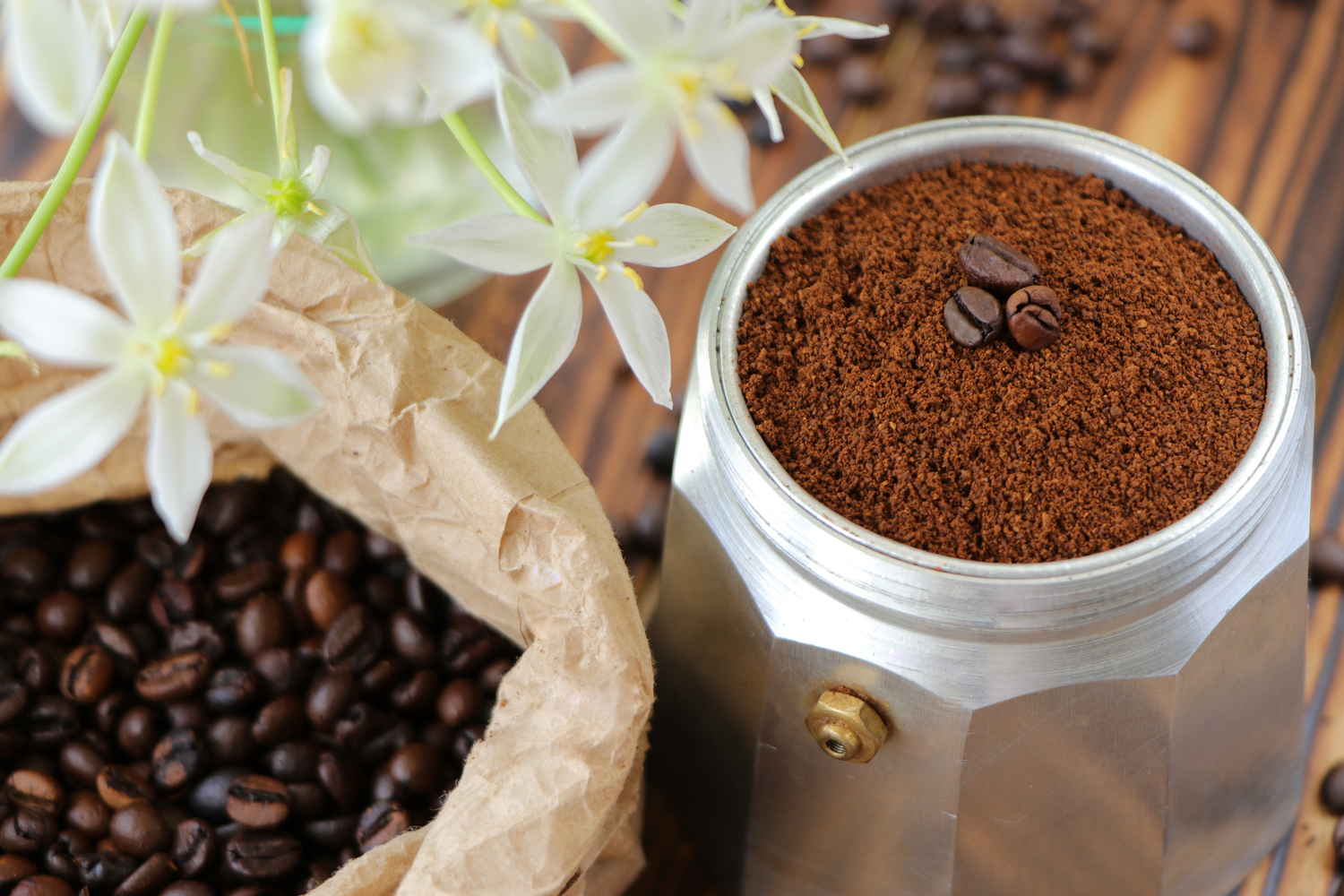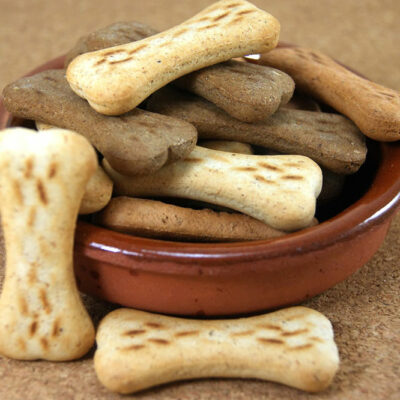
The Worst Foods for Osteoporosis and Treatments to Help
Osteoporosis is a condition where the bones become weak and brittle, making them more prone to fractures. It occurs when the body loses too much bone, makes too little bone, or both. The condition is more common in women than in men and often occurs after menopause. Fortunately, there are treatments available to help manage osteoporosis, such as Evenity and Prolia. However, avoiding certain foods can also help reduce the risk of fractures and further bone loss. Here are five foods to avoid with osteoporosis:
1. Nightshade vegetables
Vegetables like tomatoes, potatoes, eggplants, and peppers belong to the nightshade family. These vegetables contain solanine, which can interfere with calcium absorption and contribute to bone loss.
2. Wheat bran
While wheat bran is an excellent source of fiber, it also contains phytates that can bind to calcium, making it less available for absorption by the body. This can lead to bone loss over time.
3. High-salt foods
Foods high in salt, such as processed meats, canned soups, and chips, can cause the body to lose calcium through urine. Over time, this can contribute to bone loss and increase the risk of fractures.
4. Beans and legumes
Beans and legumes are generally healthy, but they contain phytates, which can bind to calcium and prevent its absorption. It’s still essential to eat these foods, but it’s best to consume them in moderation and with foods high in calcium, such as dairy products or leafy greens.
5. Caffeine
Caffeine is a stimulant that can interfere with calcium absorption, contributing to bone loss over time. It’s best to limit caffeine intake to no more than 300 milligrams per day, which is about two cups of coffee.
While avoiding these foods can help reduce the risk of fractures and further bone loss, it’s essential to consult with a doctor to create a comprehensive osteoporosis treatment plan. Along with medications such as Evenity and Prolia, a healthy diet can help support bone health. Eating foods rich in calcium, vitamin D, and magnesium, such as dairy products, leafy greens, and nuts, can help support healthy bones. Osteoporosis is a serious condition that affects many individuals, particularly women after menopause. While medications such as Evenity and Prolia can help manage the condition, avoiding certain foods can also help reduce the risk of fractures and further bone loss. By limiting intake of nightshade vegetables, wheat bran, high-salt foods, beans and legumes, and caffeine, individuals with osteoporosis can support their bone health and improve their quality of life.


